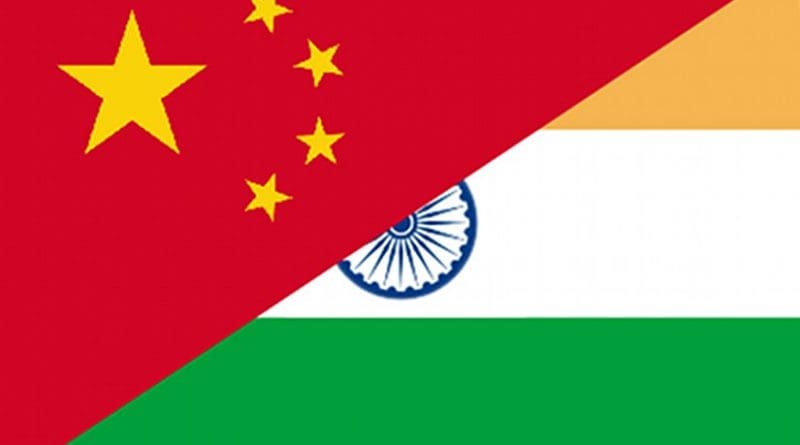Border Trade At Nathu La: Five Years After – Analysis
By IPCS
By Bhim B Subba
It has been five years since the resumption of Nathu La border trade between India and China following a lull of four decades after the Sino-Indian War in 1962, yet neither has there been any mention of it in the print media both at the national and state levels, Sikkim in particular, nor has it been given any attention by the strategic community. Is the Nathu La fanfare over? Is the administration of the day interested in continuing this endeavour or is it just an aberration to boost India-China relations?
Over the past five years, bilateral border trade via Nathu La so far has overwhelmingly benefited traders from both sides of the border. Every year, trade begins from 1-2 May until 30 November, when the pass closes for the winter. This year it was proposed to open on 2 May, but the road blocks caused by severe landslides meant that trade could be resumed only from 16 May. This was a major setback for the traders. It is therefore imperative for road infrastructure to be developed to fully tap the potential of this exercise.
Nathu La, one of the three border trade points between India and China, faces a major hindrance during the monsoons, which play havoc between late April and mid-September. Although the state administered SPWD and the BRO-GREF have collaborated to keep the stretch worthy of transport, this temporary ad hoc fix measure cannot sustain the traffic flow as both trade and the peak tourist season coincide during this time. The double-laning of Jawaharlal Nehru Marg from Gangtok to Nathu La was started in 2007 by the Border Roads Organization (BRO) but has not been completed yet, leading to more chaos during the tourist season. This traffic choke can be eased with proper maintenance of the alternate route bypassing Gangtok from Rangpo-Rorathang-Rongli Road. It is an alternative to the 31/A National Highway to Gangtok from Sevoke in northern West Bengal. But the condition of the road is not all-weather friendly.
The locals in and around Gangtok face undue hardships because a vast majority of taxi-jeeps cater to tourists especially those going to Tsangu Lake, the same route that leads to Nathu La. The diversion of vehicles means that locals are sometimes left stranded, and at other times, are expected to pay more when commuting to and from Gangtok. The author experienced this recently on his visit to Pakyong, a sub-division town, where the only civilian airport in Sikkim is being developed. It is would be prudent for the state government to look into this problem to eases the traffic movement by building better roads and widening/back-cutting the existing road. This can be helpful in easing up traffic up to the lake area.
In addition, the four days of trading in a week leave the traders unhappy. Under the bilateral agreement between India and China, Sikkimese traders can export 29 items to and import 15 items from Tibet Autonomous Region (TAR). Thus, hardly anything from Sikkim is traded. In fact, the non-tradable items are more than the legally specified tradable items. The Sikkim government has repeatedly approached the Centre for a revision of the list of tradable items. Traders from both sides have also been demanding the revision of tradable items, saying that the present items listed in the schedule are obsolete and do not have commercial value.
Bilateral trade has increased from just INR 2 million in 2006 to INR 9.85 million with zero imports in 2010, which shows the vast potential of trade between two countries. This trend must be nurtured by increasing the list of tradable items, developing roads and communication infrastructure and the involvement of more customs officials on the Indian side of the mart. Also, to be more inclusive, the local trading community of Sikkim has to be encouraged as their business representation is much smaller than other business communities in the area. The potential that economic diplomacy holds, if exploited, will bring long-term benefits to people from both sides of the border.
Bhim B Subba
Research Scholar, DEAS, University of Delhi
email: [email protected]

